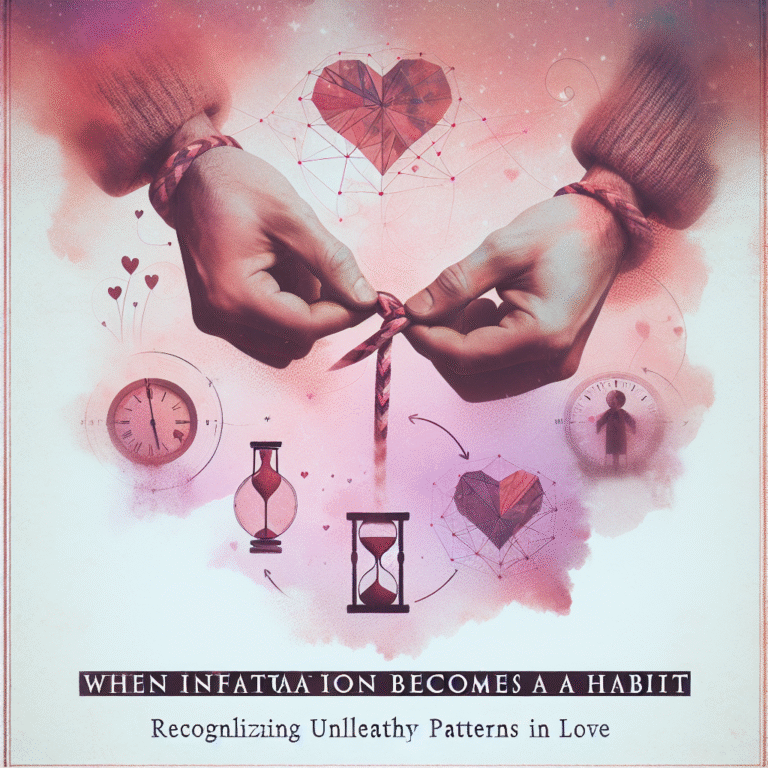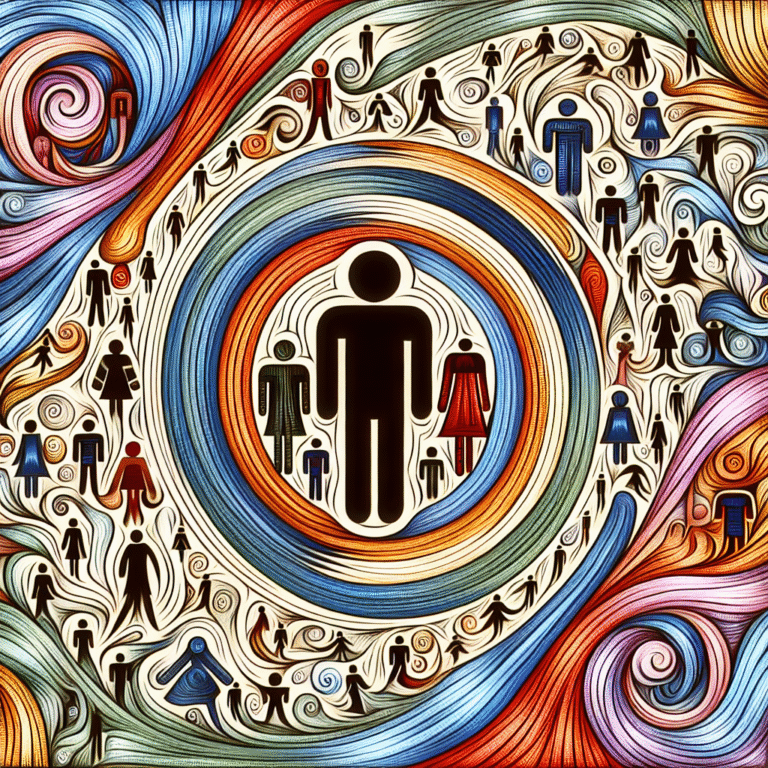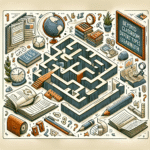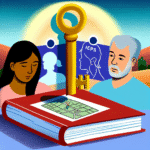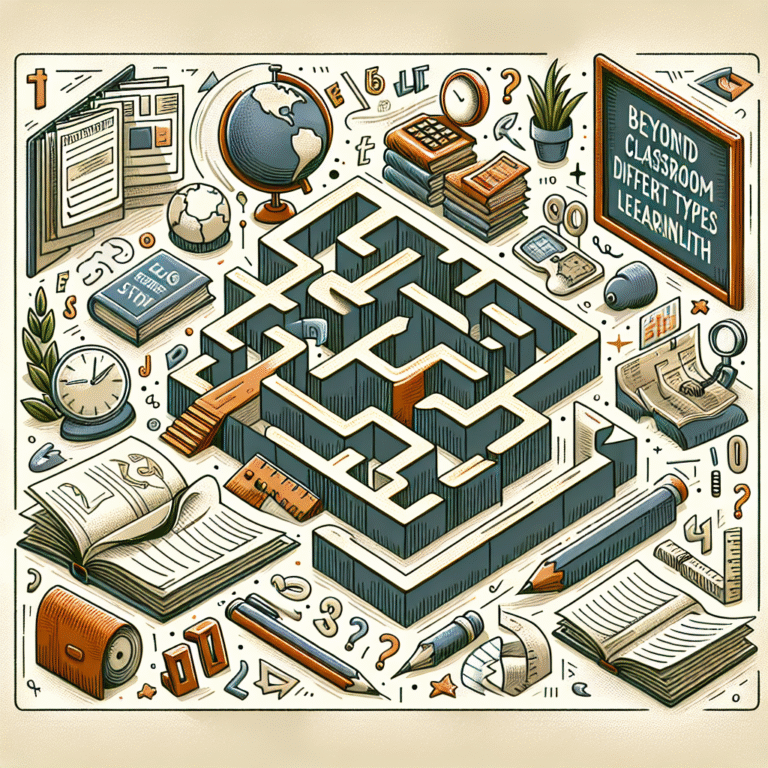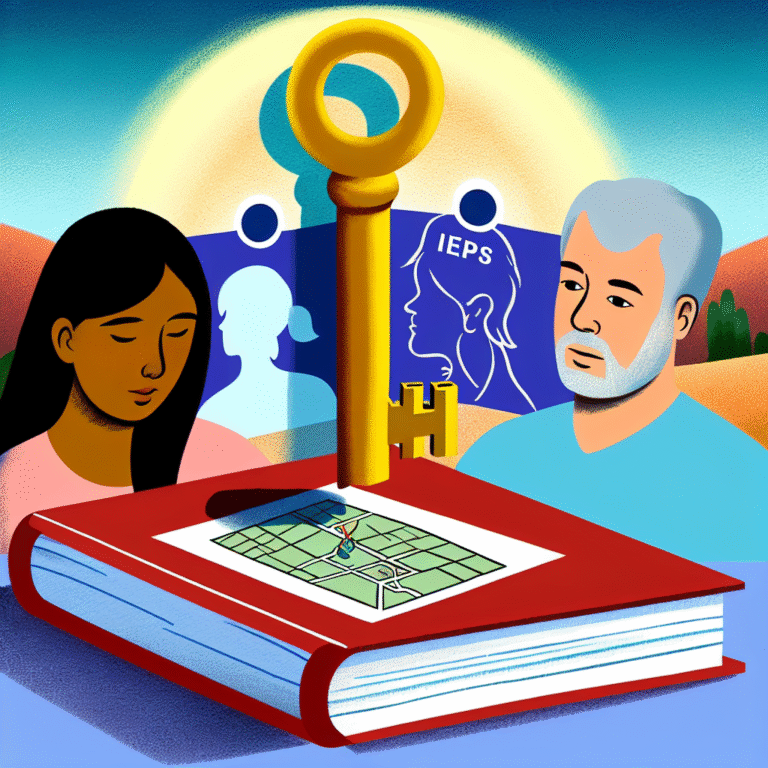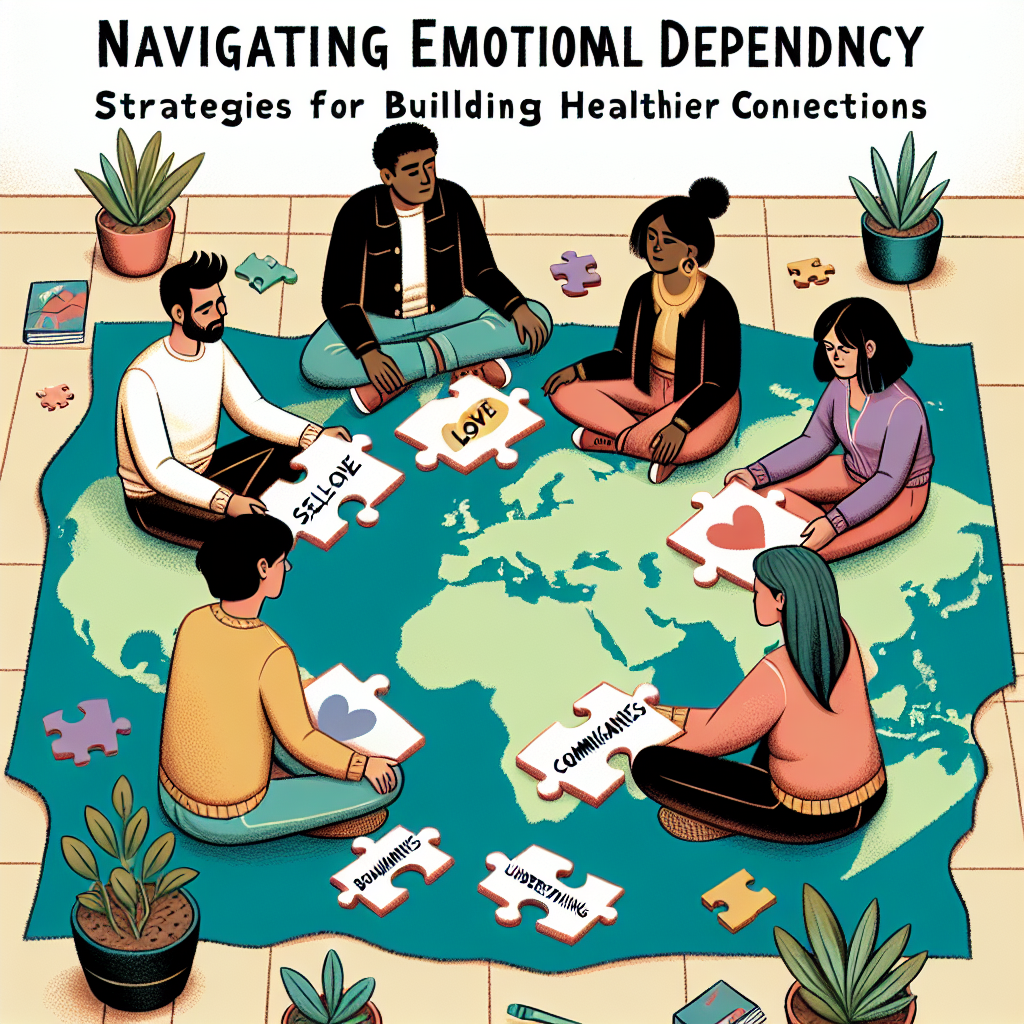
Introduction
Imagine waking up and instantly feeling a void without a specific person by your side. For many, this feeling resonates all too well. Emotional dependency can create a cycle of reliance that limits personal growth and strains relationships. In a world that increasingly values connection, understanding how to navigate emotional dependency is crucial for cultivating healthier connections. In this article, we’ll explore practical strategies to break free from emotional dependency, empowering you to build fulfilling relationships that are balanced and supportive.
Understanding Emotional Dependency
What is Emotional Dependency?
Emotional dependency refers to a state where an individual heavily relies on others for emotional support, validation, or self-worth. While seeking support in relationships is natural, an excessive dependency can lead to unhealthy dynamics. Emotional dependency manifests in behavior patterns that can disrupt both personal well-being and the health of a relationship.
Signs of Emotional Dependency
Recognizing emotional dependency is the first step toward healing and growth. Common indicators include:
- Fear of Abandonment: Constantly worrying that your partner or loved one might leave you.
- Jealousy: Feeling threatened by your partner’s connections with others.
- Over-Communication: Feeling the need to check in excessively, often out of anxiety.
- Low Self-Esteem: Relying on others for validation or consistently feeling unworthy without another’s input.
Emotional Dependency Vs. Healthy Attachment
Understanding the distinction between emotional dependency and healthy attachment is essential. Healthy attachments promote growth and mutual support, while emotional dependency can lead to possessiveness and control.
| Emotional Dependency | Healthy Attachment |
|---|---|
| Fear-driven connections | Trust-based relationships |
| Over-reliance on validation | Mutual support |
| Often results in conflict | Encourages open communication |
| Hinders personal growth | Fosters individuality |
Case Studies
Case Study 1: Sarah’s Journey
Background
Sarah, a 28-year-old graphic designer, found herself emotionally dependent on her boyfriend, Alex. She realized her self-worth was tied to his compliments and approval.
Analysis
By recognizing her patterns of dependency, Sarah embarked on a journey of self-discovery. She began journaling her thoughts and focusing on hobbies that provided individual fulfillment. This shift helped her regain confidence, allowing her relationship to mature into a partnership of equals.
Case Study 2: Mike and Laura
Background
Mike and Laura, a married couple, faced significant challenges due to emotional dependency. Laura often felt she needed Mike’s constant reassurance and validation, which created tension.
Analysis
Seeking couples therapy opened their eyes to the need for individual growth. They learned to set boundaries and support each other in healing their dependencies. This process led to a healthier, more balanced relationship.
Strategies for Navigating Emotional Dependency
1. Self-Awareness: The Foundation of Change
Awareness is the first step. Reflect on your feelings and behaviors. Journaling can be an effective tool for this. Write down instances where you felt overly dependent and identify the triggers for these feelings.
Tip: Use prompts like, “What do I feel when I’m alone?” or “When do I seek validation the most?”
2. Develop Self-Esteem
Cultivating self-esteem is essential for breaking free from emotional dependency. Engage in activities that reinforce your sense of self-worth. Compliment yourself, set personal goals, and take pride in your achievements.
3. Establish Boundaries
Setting healthy boundaries in relationships can significantly reduce feelings of dependency. Communication is key here—express your needs and limit behaviors that foster dependency.
Example: If you feel the need to text your partner constantly, set a rule for yourself to check in at specific intervals instead.
4. Cultivate Independence
Explore new hobbies, friendships, and interests outside of your primary relationship. Independence fosters personal growth and enhances the quality of your connections.
| Activity | Benefits |
|---|---|
| Joining a book club | Expands social circles |
| Taking a cooking class | Boosts confidence and skills |
| Volunteering | Provides fulfillment and community |
5. Seek Professional Guidance
Consider therapy or counseling. A mental health professional can provide tools and strategies tailored to your specific situation, helping you develop healthier relationships.
Fostering Healthier Connections
Open Communication
Establishing open communication with your partner or loved ones is critical. Share your feelings and experiences related to emotional dependency. This vulnerability can strengthen your connection and foster understanding.
Mutual Support
Healthy relationships thrive on mutual support. Encourage your partner’s independence as you work on yours. Celebrate each other’s achievements and allow space for personal growth.
Monitor Progress
Regularly check in on your emotional state and the health of your relationships. Evaluate what strategies are working and where adjustments may be necessary.
Conclusion
Navigating emotional dependency is an essential journey toward building healthier, more fulfilling connections. By fostering self-awareness, cultivating independence, and establishing open communication, you can transform your relationships into partnerships grounded in trust and mutual support. Remember, the path to emotional resilience and healthier connections takes time, but every step you take is a step toward personal empowerment and growth.
Key Takeaway
Embrace the journey. Each change you make toward breaking emotional dependency brings you closer to healthier, happier connections.
FAQs
1. What are the first steps in overcoming emotional dependency?
Start with self-reflection. Identify patterns in your behavior, then work on establishing boundaries and enhancing self-esteem.
2. Is it possible to rebuild trust in a relationship affected by emotional dependency?
Yes, it takes effort from both parties to communicate openly and establish a foundation of mutual respect and understanding.
3. How can I support a friend struggling with emotional dependency?
Encourage them to seek professional help while being a supportive and understanding friend. Offer to engage in activities that promote independence and self-growth.
4. Can emotional dependency impact mental health?
Absolutely. It can lead to anxiety, depression, and low self-esteem, affecting overall mental well-being.
5. How long does it typically take to move past emotional dependency?
The timeline varies for everyone. It depends on individual circumstances, commitment to change, and whether one is open to seeking help.
By applying the insights and strategies presented in this article, you’re embarking on a transformative journey—Navigating Emotional Dependency: Strategies for Building Healthier Connections. Start today and pave the way for fulfilling, balanced relationships!




